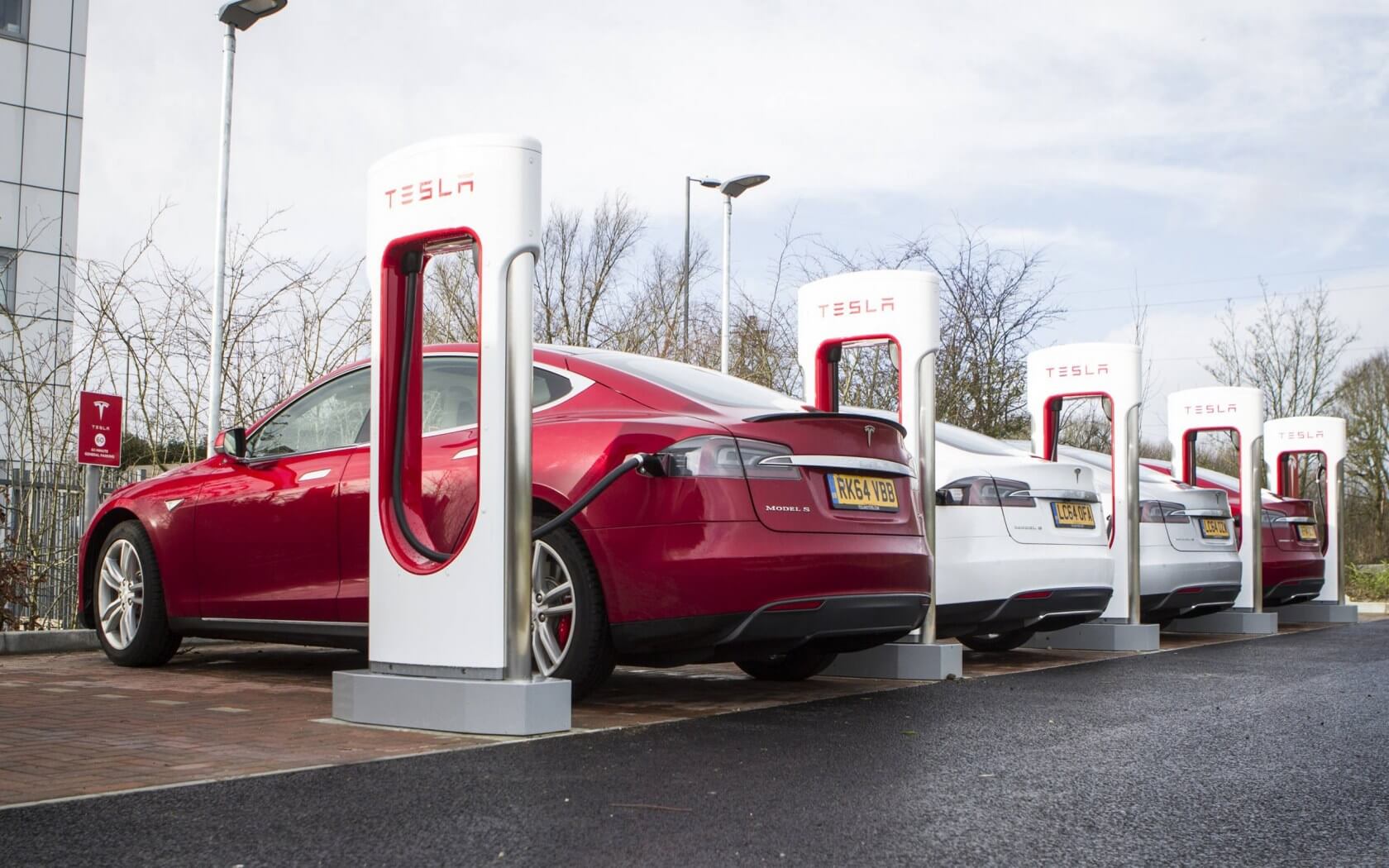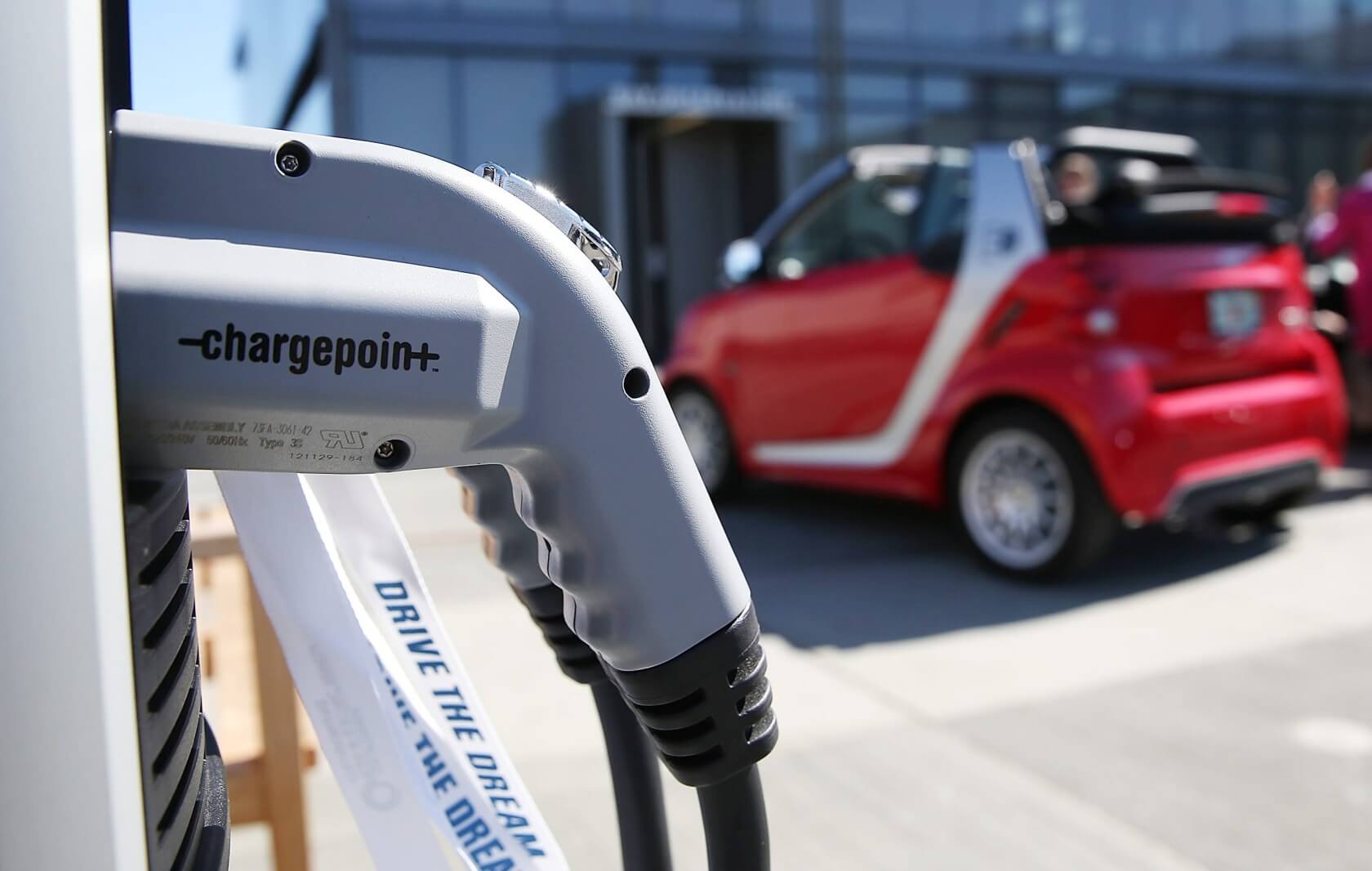In context: Over the past decade or so, the transportation industry has begun to shift its focus away from fossil fuel-powered vehicles toward "green," often fully-electric alternatives. Whether this process is the result of a desire to combat climate change, or simply an attempt to prepare for a future in which some traditional fuel sources may be in limited supply, the US Department of Energy is chipping in to speed things along.

The organization today announced that it has allocated a whopping $300 million toward the research and development of sustainable transportation "resources and technologies." This cash will be split up into three separate funding opportunity announcements (FOAs).
$133 million is going toward the "FY20 Vehicles Technologies Office Multi-Topic" FOA, which will cover research topics like advanced battery and engine technologies, lightweight vehicle materials, and energy-efficient "mobility systems."
The $64 million H2@Scale New Markets FOA will be issued on behalf of the Department of Energy's Fuel Cells Technologies office, and it primarily centers around the development of "innovative hydrogen concepts."

The final "FY20 Bioenergy Technologies Office Multi-Topic" FOA will be used to lower the cost of biofuels and enable "high-value products" from waste resources or other biomass.
Companies who feel their operations line up with one or more of the topics stated above can apply for funding now. Each FOA has a separate application deadline, but the initial requirements are the same -- interested parties must submit a "concept paper" and a full application. Presumably, if you're in a position to issue such an application, you already know what this process entails.
At any rate, it is nice to see the Department of Energy invest its funds into the development of sustainable transportation. $300 million is a sizable chunk of change, after all, so hopefully, it will do some good.